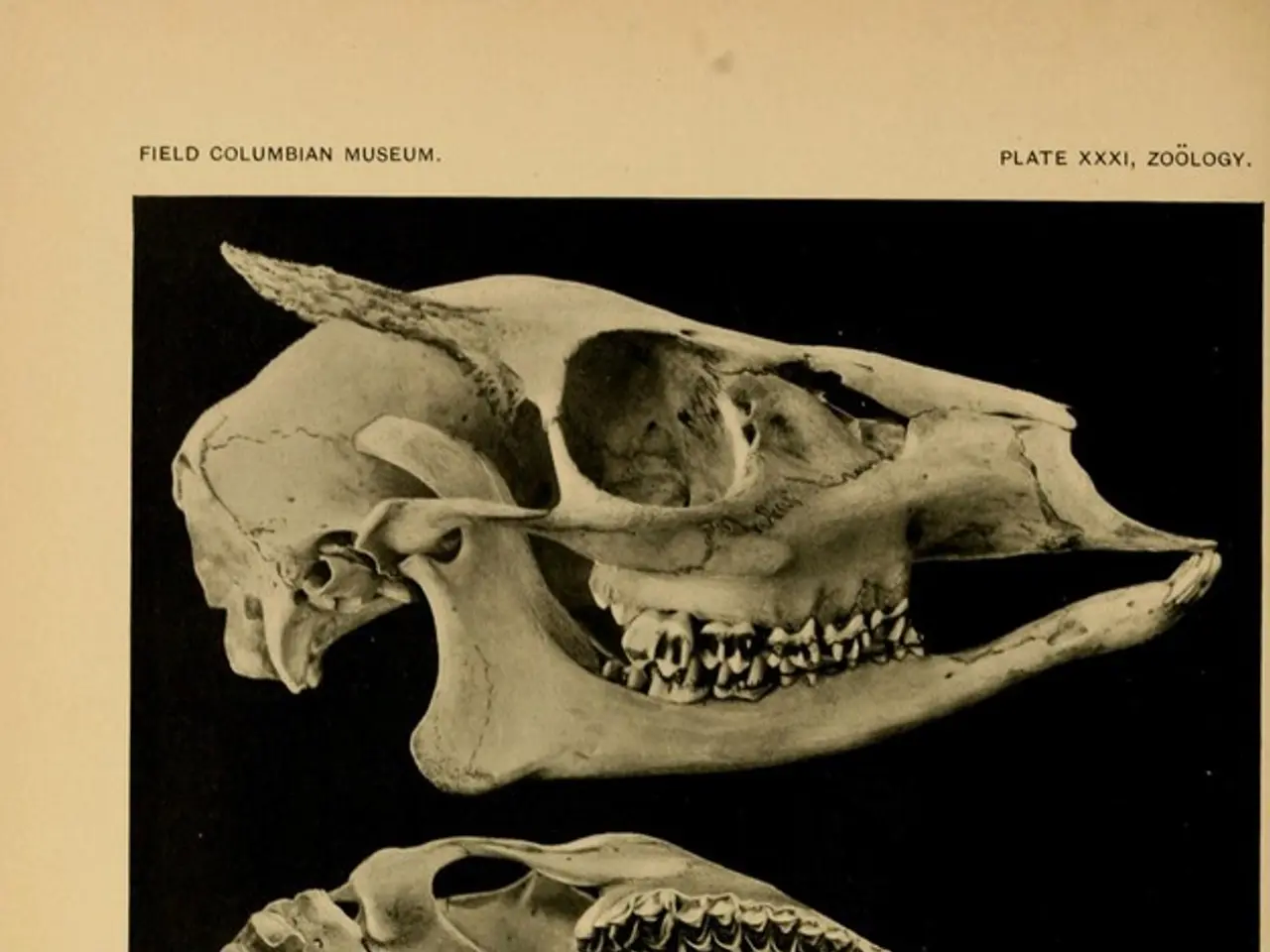Investigation uncovers root of exceptional memory in "'superagers'"
Massachusetts General Hospital (MGH), the original and largest teaching hospital of Harvard Medical School, has been at the forefront of a groundbreaking research project. The study, known as the "SuperAging Project", is led by Alexandra Touroutoglou, PhD, the director of Imaging Operations at MGH's Frontotemporal Disorders Unit and an assistant professor of Neurology at Harvard Medical School.
In 2016, a group of adults older than 65 with remarkable memory performance were identified, known as "superagers". This unique cohort has been the focus of the SuperAging Project, which involves Touroutoglou, Bradford Dickerson, Lisa Feldman Barrett, and Joseph Andreano. The research project aims to evaluate whether noninvasive electromagnetic stimulation can improve memory in older adults, and to understand the neural mechanisms underlying the exceptional memory performance of superagers.
The study, published in the prestigious journal Cerebral Cortex with the DOI 10.1093/cercor/bhab157, was conducted across more than 30 institutes, centers, and departments at MGH. Major funding for the study was provided by the National Institute on Aging.
In the new study, 40 adults with a mean age of 67 and 41 young adults with a mean age of 25 were given a challenging memory test while their brains were imaged using fMRI. The results were striking. Superagers' memory performance was indistinguishable from that of the 25-year-olds, and in the visual cortex, the superagers maintained youthful activity patterns, indicating a high level of neural differentiation or selectivity.
Remarkably, superagers had avoided the brain atrophy typically seen in older adults. This suggests that the structure of superagers' brains and the connectivity of their neural networks more closely resemble the brains of young adults. This finding could potentially open up new avenues for understanding and treating age-related cognitive decline.
Joseph Andreano, PhD, an investigator in the Department of Psychiatry at MGH and an instructor of Psychiatry at HMS, and Bradford Dickerson, a professor of Neurology at HMS, were also instrumental in the study. Lisa Feldman Barrett, a distinguished professor of Psychology at Northeastern University, provided valuable insights into the psychological aspects of superagers' exceptional memory performance.
The SuperAging Project is a testament to MGH's commitment to cutting-edge research and its role as a leading institution in the field of neuroscience. The hospital, which was named #6 in the U.S. News & World Report list of "America's Best Hospitals" in August 2020, conducts the largest hospital-based research program in the nation, with annual research operations of over $1 billion.
As the director of Imaging Operations at MGH's Frontotemporal Disorders Unit and senior author of the paper, Alexandra Touroutoglou's work continues to shed light on the mysteries of exceptional cognitive performance in older adults and could pave the way for new treatments and interventions for age-related cognitive decline.
Read also:
- The Distinction Between Sexual Identity and Gender Identity
- Symptoms, Prevention Strategies, and Management Methods for Measles
- Climate Change Impact Mitigation in Health: Reducing the Disparity of the Health Sector's Exposure to Climate Change Challenges
- Increased measles cases Approaching 1,500 in the United States, with a new case detected in the Chicago metropolitan area.




